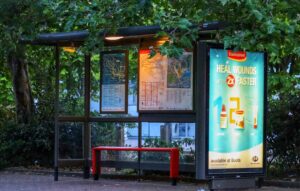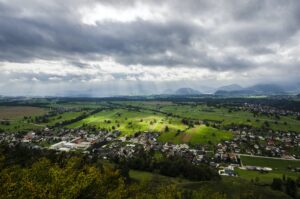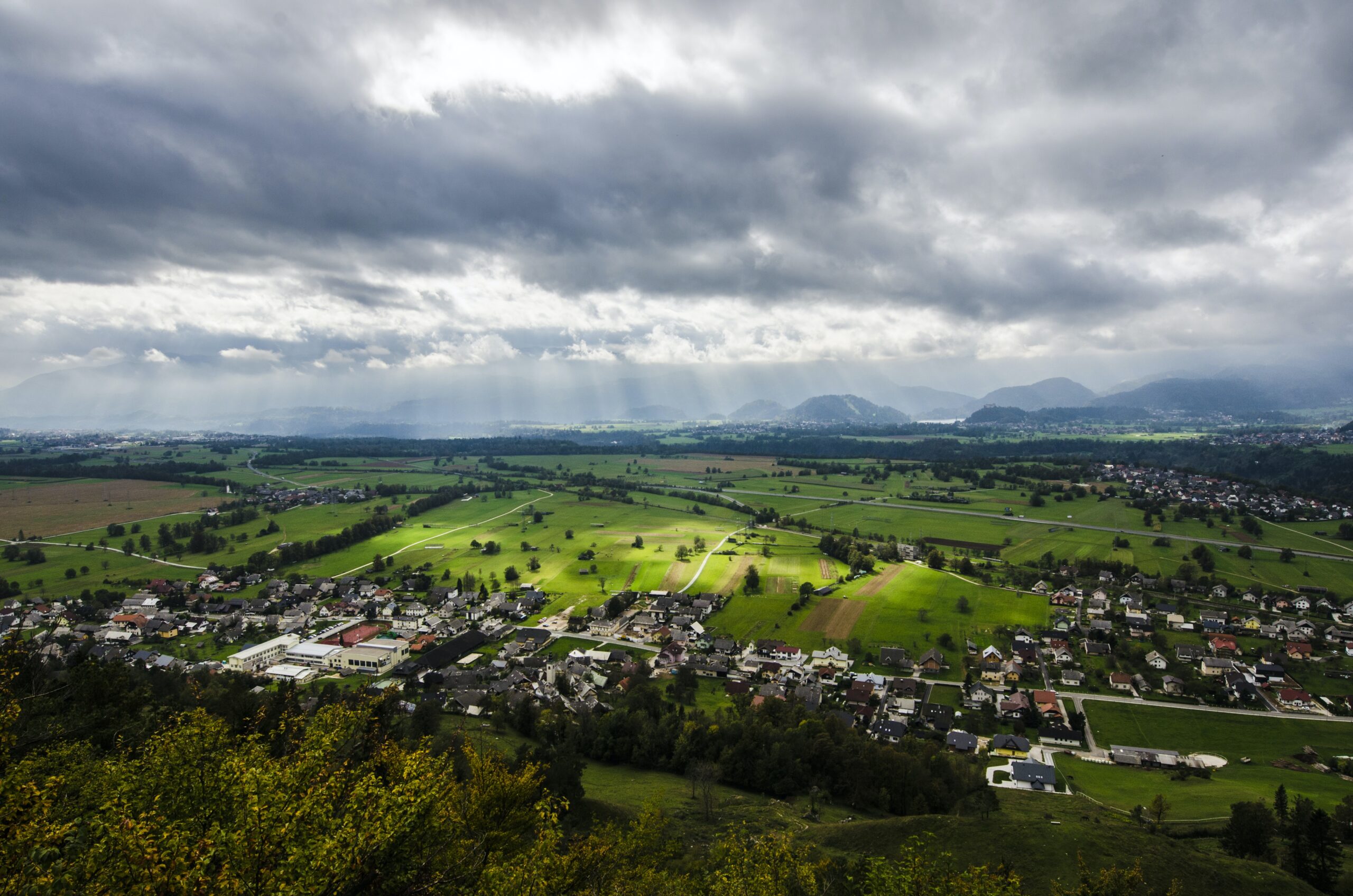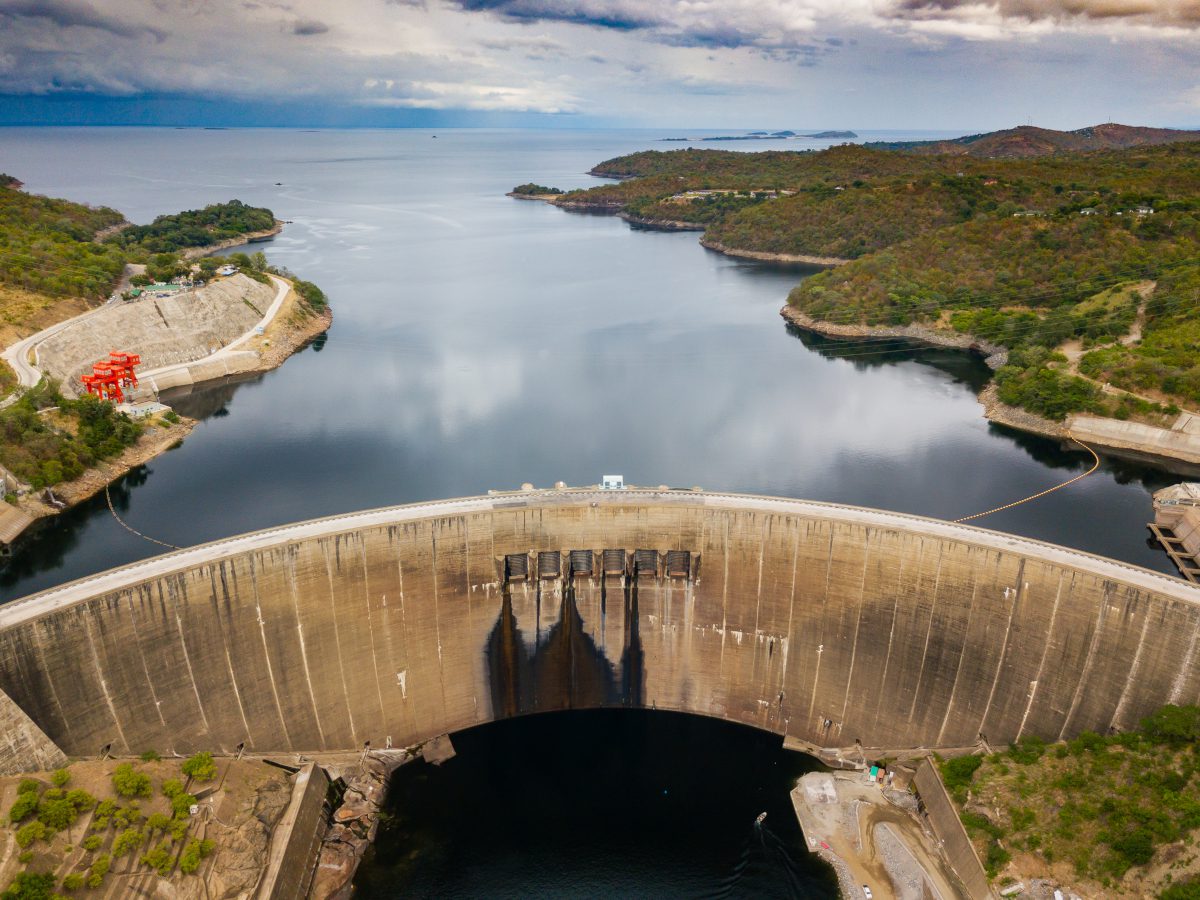Ann Carruthers, Deputy Chair of ADEPT’s Transport and Connectivity Board and Director of Environment and Transport at Leicestershire County Council explains how the 30-minute rural neighbourhood can benefit local communities.
The 30-minute rural community is a new concept looking at how inequality can be tackled through new thinking and collaboration. It is a response to the emerging 15-minute city concept and is the brainchild of WSP’s Future Mobility team, part of the leading engineering and professional services consultancy.
WSP has been developing the approach since early 2021 and published a paper in summer 2021, to officially launch the idea.
The 15-minute city concept places the needs of people and communities at the centre of planning considerations – the basic principle is that everyone should be able to access key amenities and opportunities within 15-minutes.
Inspired by this, and noting the emphasis was on cities, WSP began looking at how to develop the concept for rural communities, looking at how to make rural communities more sustainable and better connected.
Often overlooked, rural communities are home to 12 million people in the UK and up to 80% of the UK area is officially classified as rural. Yet they face very different challenges to urban areas, including transport, access to key services, and socio-economic opportunities.

The importance of local neighbourhoods and communities has been elevated following the Covid-19 pandemic and the climate change agenda. The public is increasingly aware of their impact upon the planet and many are keen to explore new opportunities for living differently.
In addition, the working from home restrictions opened up new opportunities for some, with many people choosing to relocate into rural areas.
The WSP paper, The 30-minute rural community / Future Mobility looks at how to use human capital to meet community needs. It considers opportunities to encompass new and emerging modes of transport, how to harness digital in rural communities, and energy requirements associated with this.
It looks at how to ‘level-up’ to: ‘deliver greener, friendlier, happier, healthier, more productive, prosperous, quieter and safer communities.’
Many of these ideas are already happening in pockets, so WSP wanted to explore how different settlements can work together to increase this.
The paper suggests this needs a three-pronged approach. Firstly, looking at how to improve social and community infrastructure, with the idea that settlements will work together in clusters. Secondly, looking at how partnerships can increase resources and access. Finally, improving physical and digital access to nearby market towns and cities provides access to opportunities at scales impractical to be delivered in rural areas.
In Leicestershire, we share many of the common challenges associated with rural communities. We have a large number of market towns and smaller-sized settlements. To achieve the 30-minute rural community concept here, we would need to have a review of transport and service provision including shopping, medical, and education services. We would also need to review how the digital offer can build on these, as well as considering behavioural change across our communities.

Transport and connectivity are issues for rural areas across the country. Many areas have poor public transport networks leading to car dependency, isolation for those without a car, and proportionately higher levels of personal spending on transport.
Many villages and their surrounding areas also don’t have the infrastructure required to support active travel – a large proportion of areas have narrow lanes, with no pavements and limited streetlighting so safety concerns are often significant. However, new ways of approaching publicly available transport are emerging and this concept is about finding the right solutions for different places.
Historically, rural communities tend to drive to the nearest market town or city to access services – but what if they could be accessed more locally? What if villages worked together to create clusters of services and amenities? The benefits of meeting net zero obligations, community cohesion and to making rural areas more sustainable could be significant.
Most importantly, the shift to a 30-minute community is a cultural challenge. This is about winning hearts and minds. To make it work, the public need to understand – and buy into – the potential benefits. They need to be at the heart of creating these communities, along with groups and organisations, bringing their knowledge and skills – doing this, and working together will help to reimagine how we live and move around our local areas.
At this stage, the 30-minute community is at the concept stage, but at ADEPT we hope that a local authority will develop a pilot that can be shared across the country. We are keen to open the dialogue around this exciting concept, which offers many benefits including greener, more equal and more prosperous rural communities.

















